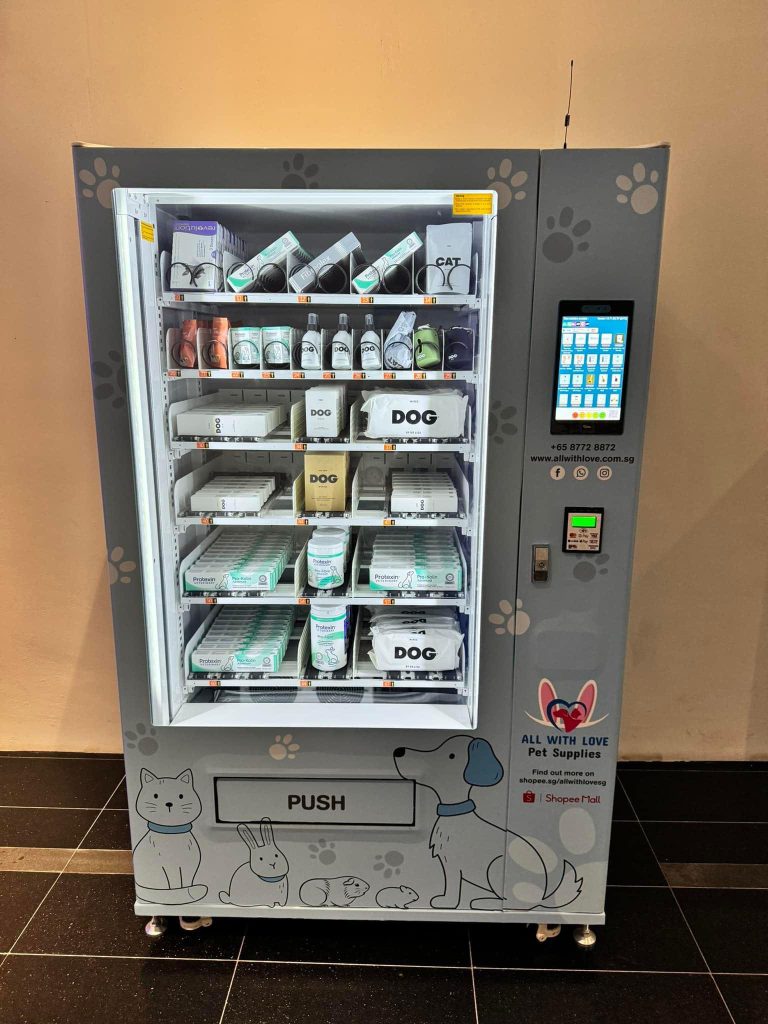More S’poreans are seeking healthcare in JB. What does it mean for the local medical sector?
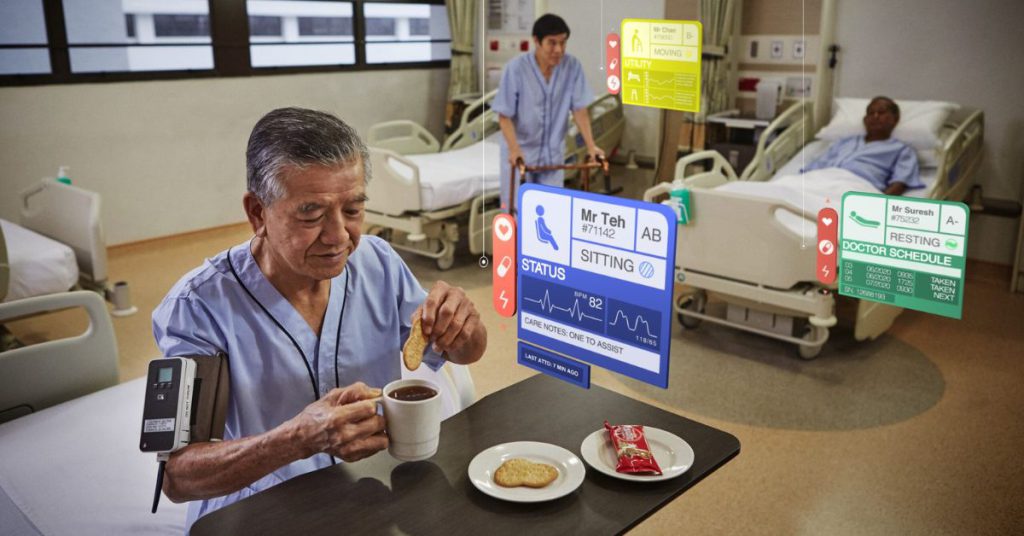
Singapore’s private healthcare sector is undeniably advanced, but it’s not without its challenges.
A recent analysis by CGS International has revealed a sobering reality: private healthcare providers in Singapore face limited growth opportunities due to market maturity and stiff competition from public institutions.
Among the reasons? Singaporeans themselves are exploring more cost-effective healthcare options—including across the border in Johor Bahru (JB).
The allure of JB’s affordable healthcare
Healthcare in Singapore is world class, but it’s also expensive. With rising costs, many locals have found it more appealing to take a short trip to JB for medical care. It’s not just the savings on consultations and treatments; even non-urgent procedures like health screenings and dental work often cost a fraction of what they do in Singapore.
For Singaporeans, the Johor Bahru–Singapore Rapid Transit System (RTS) Link, set to be completed by December 2026, could make this even easier. With a mere five-minute train ride, seeking medical care in Malaysia could become as routine as grabbing coffee.

Imagine popping over to JB for a health check in the morning and being back in Singapore by lunchtime. Convenience and affordability? A no-brainer.
Public vs. private: Why local clinics are losing out
But it’s not just JB drawing patients away. Within Singapore, public healthcare institutions are giving private providers a run for their money.
For non-urgent issues, many Singaporeans are willing to tolerate longer wait times in exchange for lower costs at public hospitals. This trend squeezes the private sector, which has fewer options to compete on price.
Moreover, the high costs of private healthcare have discouraged foreign patients—once a lucrative market segment—from seeking treatments in Singapore.
Neighbouring countries like Malaysia and Thailand now offer medical tourism packages that combine affordability with high-quality care, further eroding Singapore’s appeal.
A vending machine doctor
While traditional models may be facing challenges, it looks like innovation might be driving the industry forward.
There’s this new thing in Singapore: a vending machine that can give you medical consultations and even issue MCs. It’s called Dr Kart, and it’s a vending machine offering 24/7 telemedicine consultations.
According to Mothership, this ingenious solution found at Shell stations like the one on Tampines Avenue 2 aims to provide convenient, on-the-go medical services. Here’s how it works:
- Register with your NRIC or SingPass.
- Consult a doctor remotely via a video call.
- Collect your prescribed medication directly from the machine.
If necessary, an official medical certificate (MC) is emailed to you. It’s quick, efficient, and accessible—ideal for busy individuals or those with sudden medical needs.
While Dr Kart is still in its proof-of-concept phase, the idea has already captured public interest. A TikTok video showcasing the service garnered nearly 300,000 views in less than a week.

It’s a glimpse into how Singapore’s health sector is leveraging technology to adapt to changing patient needs. However, while innovations like this are promising, they’re unlikely to address the broader systemic issues plaguing the private healthcare industry.
Singapore’s competitive edge in specialised care
Despite these hurdles, Singapore still excels in specialised medical services. Complex procedures like proton beam therapy (PBT) and other sub-specialty treatments continue to attract affluent patients from the region.
For those seeking premium healthcare, Singapore remains a top destination. However, relying on high-end treatments isn’t a sustainable growth strategy for the broader private healthcare sector.
With increasing pressure on costs and patient outflow to neighbouring countries, the industry must find ways to remain competitive while serving a diverse patient base.
Dr Kart is a great example of thinking outside the box, but it’s just the tip of the iceberg. To truly thrive, private providers must explore new ways to make healthcare more accessible and affordable without compromising quality.
The Johor Bahru–Singapore RTS Link will undoubtedly shift the dynamics further. It’s hard to ignore the implications of having such easy access to JB’s cost-effective healthcare services. While this spells trouble for Singapore’s health sector, it could also serve as a wake-up call to reassess pricing structures and patient care models.
Singapore’s healthcare sector is at a crossroads. Balancing innovation, affordability, and quality will be critical in the coming years. Will it rise to the challenge? Only time will tell, but one thing’s for sure: the competition across the Causeway is only going to get tougher.
Also Read: Mega sales are coming up in M’sia, here’s how to ensure that your parcels don’t go missing
Featured Image Credit: Hospital Management Asia
5-star quality, 3-star prices: Why Positano Risto’s co-founder opened a new Bangsar eatery
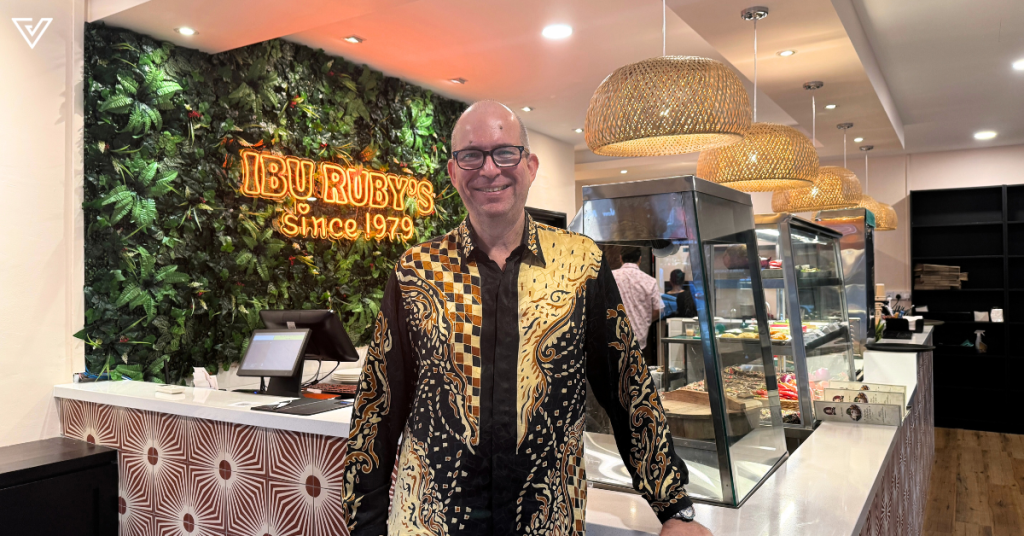
If you visit Ibu Ruby’s in Bangsar, a new Indo-Malay restaurant, you’ll find signs claiming that the restaurant has been established since 1979.
In reality, the restaurant was launched just some weeks ago, but the story behind the eatery does indeed begin all the way back in the late 70s, when Haji Mohd Imran first moved to Jakarta.
Hailing from Germany, he was just 10 years old at the time when they settled in a house next to a mosque. Each day, the Azhan (call to prayer) resonated through their home, and though his father was Hindu and his mother Christian, Imran’s heart was drawn to the call.
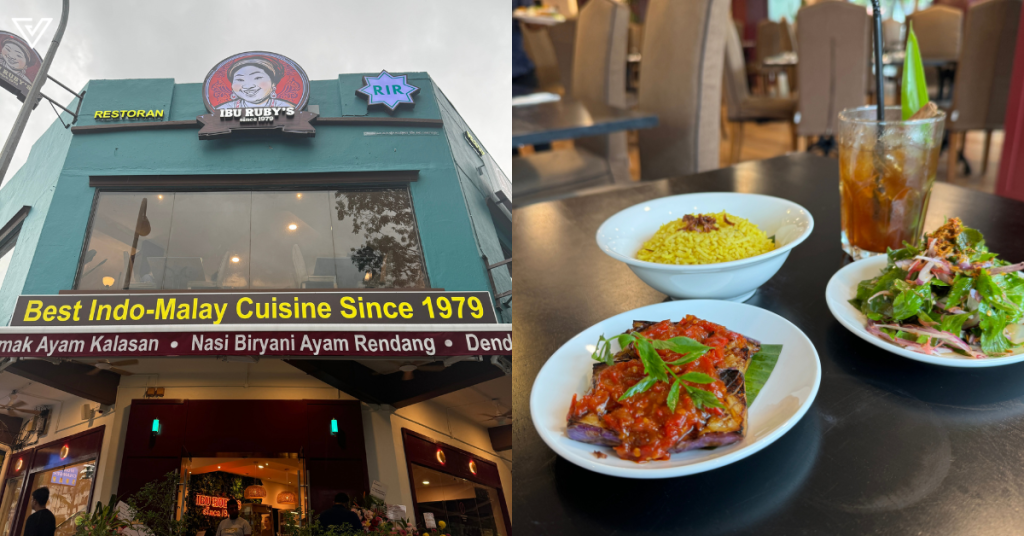
That year, his parents hired Ibu Ruby, an Indo-Malay chef from Yogyakarta who was raised on traditional recipes passed down from her grandmother.
“She used to spend a lot of time with me in the kitchen, she introduced me to halal food,” Imran reminisced.
With that introduction to the religion, Imran later reverted to Islam in 1994. Then in 2012, he had a life-changing experience during his Hajj pilgrimage in Arafat.
“I just broke down and cried for half an hour before the morning prayers. The ustad came to me and told me to ask for forgiveness and go out to the desert and make wishes. I actually made 54 wishes, and all of them came true,” he said. “So then, I decided, I got to give something back to the Muslim world.”
He gravitated toward F&B, as many Muslims such as Imran himself have a hard time accessing great halal food when they travel.
With that, the journey to opening Ibu Ruby’s truly began.
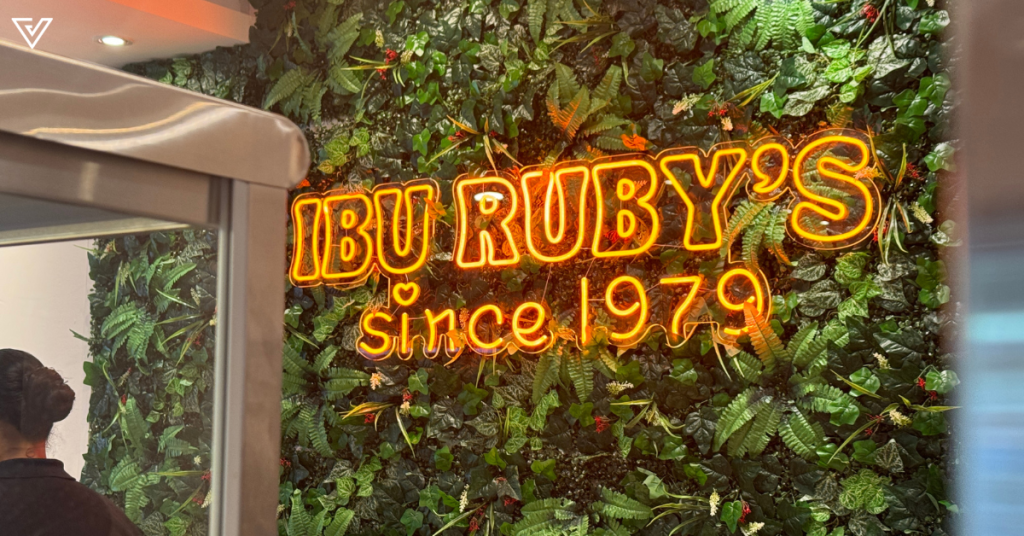
The man behind Positano
But before Ibu Ruby’s, there was Imran’s other F&B brand, Positano Risto, a well-known halal Italian restaurant.
Originally from Singapore, the business expanded to Malaysia back in 2018, opening up its restaurant in Publika.
While many today will recognise Imran from Positano and the F&B world, he actually has lived a very robust life prior to entering this realm.
His background is in finance, having gotten his degree from University of Pennsylvania’s Wharton School. He went on to join the insurance industry, becoming the head of marketing for a few Southeast Asian countries.
At 26, he did his MBA, then joined a software company and started an internet business in London. Later on, he joined INSEAD Business School in Singapore as the head of external relations. Then, he became a private banker before entering the real estate industry. He sat on the board of Kenanga Investors as well and dabbled in management education.
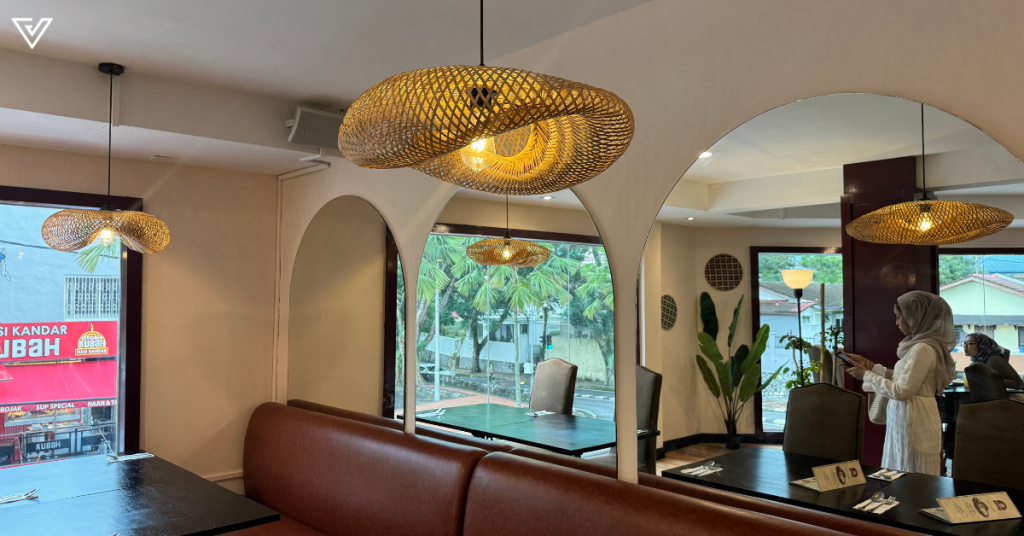
With all his past lives, it seems like Imran has gained quite a lot of experience in the real world and in business. However, venturing into F&B in 2017, he faced some learning curves still.
“One of the things that I realised is different is that when you sell a product, typically the way people receive a product is relatively the same. But in F&B, you can serve the same dish to 10 people, and you’ll get 10 different feedback,” he said.
So, how do you keep everyone happy? For Imran, it involves offering a broad menu so people can pick and choose according to their preferences and spice tolerance.
It’s also a highly competitive industry. The barriers to entry are not that high, Imran said, and there’s not a lot of protection with your “IP”.
Finding, retaining, and motivating talent is a daunting task too. Everyone’s trying to poach talent, Imran shared.
“But as you manage your suppliers, your guests, and your staff, you should do okay,” he said.
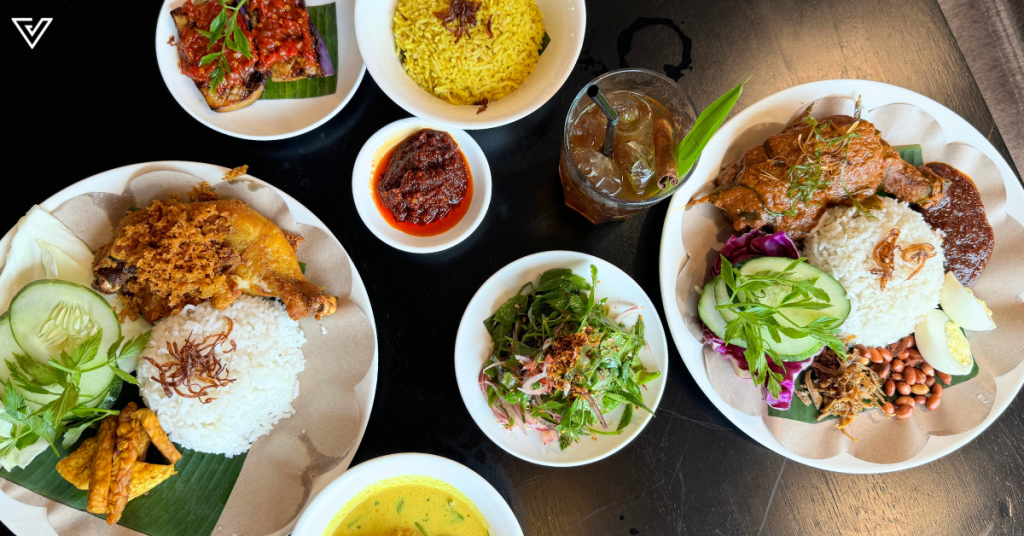
Running Positano for seven years now, Imran was able to leverage a lot of his experience with Ibu Ruby’s. For one, it was opened in less than two months, from the renovation to the hiring to the menu development.
However, it was clear that Ibu Ruby’s doesn’t exist as a sub-brand or spinoff to Positano, but rather, its very own entity.
Yet another Indo-Malay restaurant?
The story for Positano is based around Imran’s religious experience and visit to Positano in Italy after his Hajj. Meanwhile, Ibu Ruby’s is all about his childhood experiences in Indonesia, as well as his love for Malaysian culture and cuisine.
“I’m taking different parts of my life and trying to create different experiences around those. And I have other stories to share,” he said.
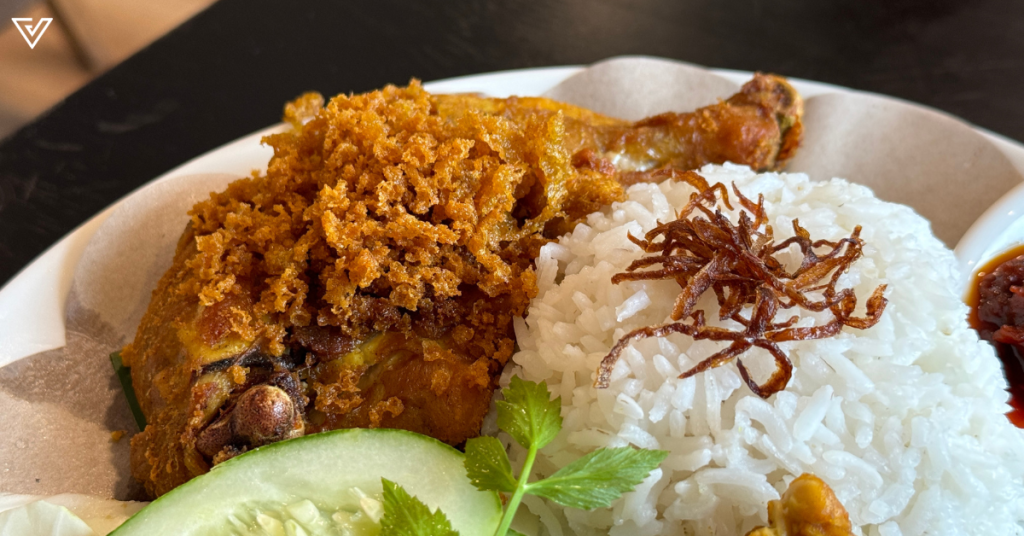
The idea for Ibu Ruby’s has been brewing for a long time, and it was thanks to the success of Positano that he decided to open the restaurant. He found an investor to financially support the Indo-Malay eatery. Named Ajai Sulekh from Japan, he was a former classmate of Imran.
The spot uses all halal ingredients with Muslim owners and chefs, but it’s not yet certified by JAKIM as restaurants must be functioning for some months before applying.
While the story is nice, what exactly sets theirs apart from all the other restaurants out there?
Every dish is made from scratch with fresh, wholesome ingredients—no commercial pastes or MSG—at an accessible value.
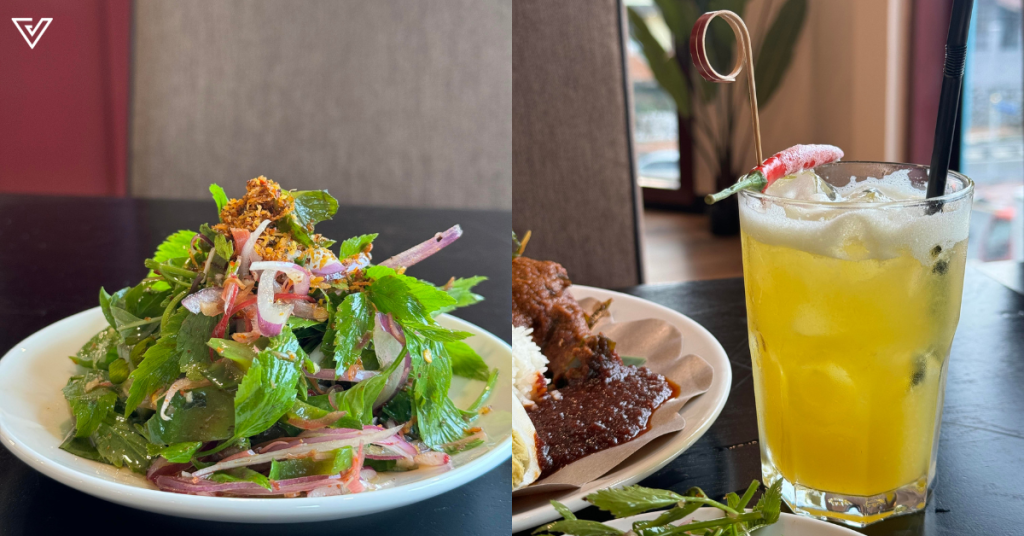
Another key highlight is food quality. “We have someone who used to work at a Michelin restaurant as our head chef here,” Imran revealed.
Having gotten a taste myself, I must say that the quality is rather good. The signature drinks were indulgent yet refreshing, and the chicken had a strong rempah flavour.
While RM18 isn’t necessarily “cheap,” it’s definitely an affordable price, once you factor in the location, environment, and of course, the taste. There’s a refinement to the food that is hard to come by in more casual restaurants.
“That combination of five stars at three stars prices is what I’m trying to bring here,” he said.
To keep prices low, it comes down to having a smaller profit margin.
“We want to deliver value to the guests,” he said. “At the end of the day, we’re hoping with this strategy, we will fill up, and then we can afford to do this.”
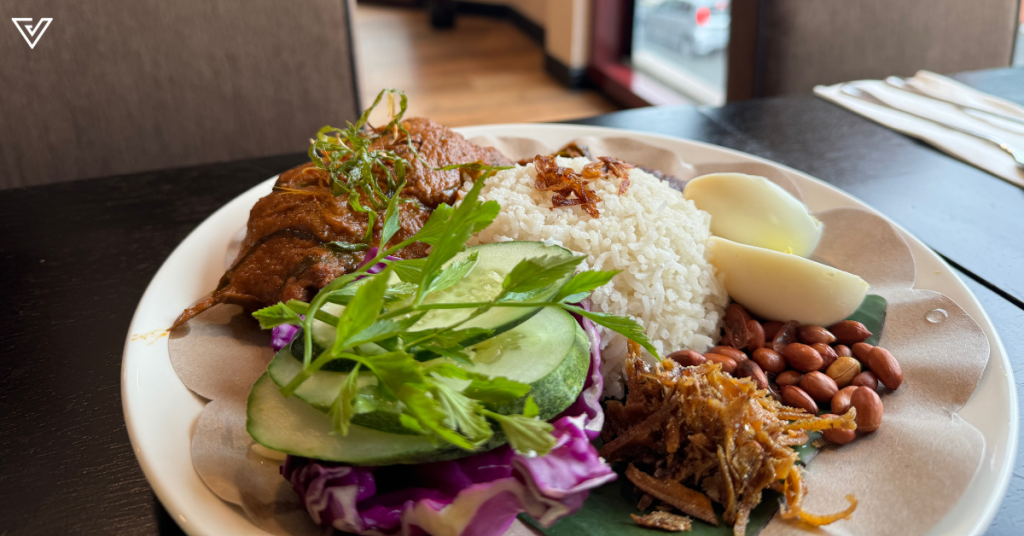
A scalable future
Ibu Ruby’s is located strategically, Imran pointed out, because of the fact that there isn’t really any other high-quality Indo-Malay restaurant in the area. Yet, there’s a lot of local fare, pointing towards the fact that the market does enjoy that kind of food.
“It fills a gap in Bangsar,” he said. “And I think in greater KL, in terms of our natural ingredients and quality at these prices, there’s also a gap. Like, who does that?”
With that in mind, it seems like Ibu Ruby’s is positioned quite well as a scalable entity.
Asking Imran about this, he shared that his vision is indeed to grow the brand into a chain throughout KL and beyond.
“I see this as a chain, eventually in malls all over Malaysia. And maybe we take it overseas as well,” he shared. “But, we take it one step at a time.”
The first step now is to establish Ibu Ruby’s as a success story, serving valuable and delicious foods with good service in Bangsar.
Also Read: Mega sales are coming up in M’sia, here’s how to ensure that your parcels don’t go missing
How this S’porean grew his pet care retail biz to make 6-figure annual revenues in one year
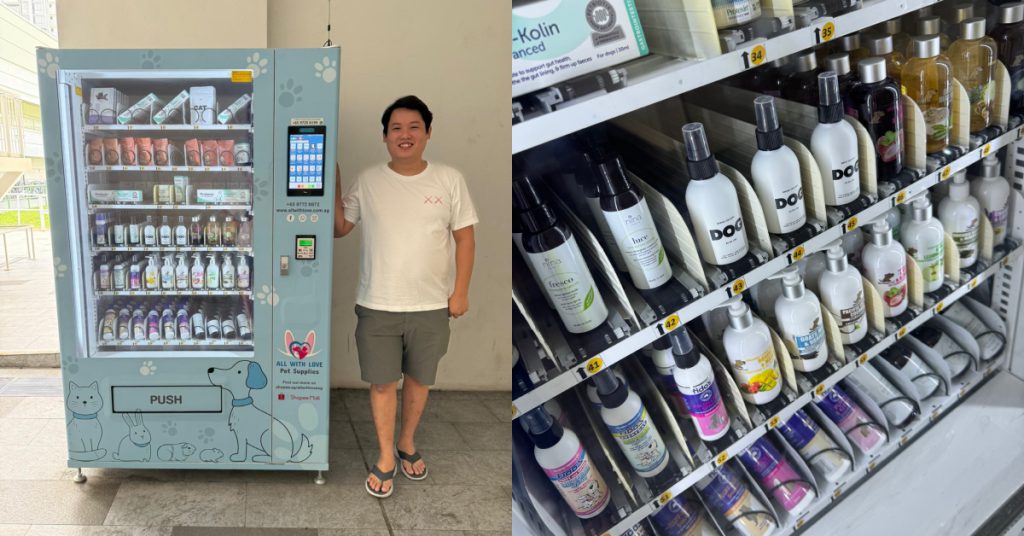
Some might say that having a pet is like raising a child, and as someone who had pets growing up, I wholeheartedly agree.
In fact, my first “child” was a pet rabbit that I adopted from a local shelter. He was conveniently named “Bunny,” and just like a first-time parent, I wanted the best for my pet by providing him with the best home he could have.
However, that was when I learnt that buying products for my pet became a new cost that my parents had to consider, given that I was a broke polytechnic student at the time. Let’s just say the money we forked out was a lot for one teeny-tiny rabbit.
Thankfully, I was not the only one who had this concern. Sam Zhiquan had not one but two pet rabbits, Sio Bak and Marble, and was looking for more “reasonable rates” for his pets in the long run.
As he searched for a solution, he realised that the only way he could enjoy these rates was to become a retailer himself. He explained that retailers enjoy prices 30-40% cheaper from distributors than purchasing from pet shops.
This led Sam to embark on a side hustle—All With Love, an ecommerce pet product retailer, in December 2021.
From side hustle to full-fledged business
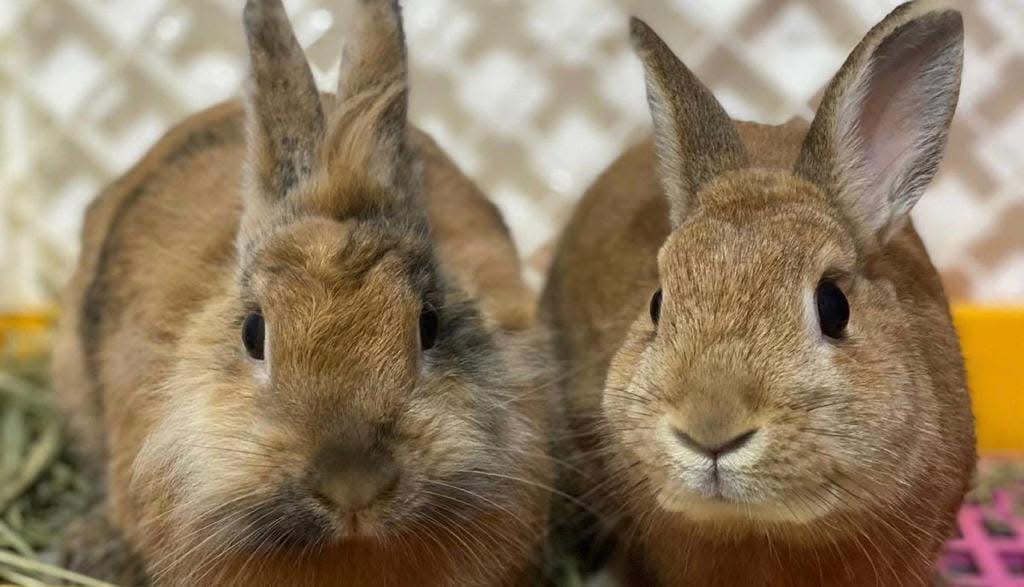
Before launching the platform, Sam spent some time reaching out to brands offering to sell their products as a retailer, to which he claimed to spend up to S$10,000 to bring them in.
However, given that many established pet shop retailers and brands have launched their ecommerce platforms, All With Love has some serious competition to stand out from, which means shifting gears when needed.
Sam shared that he first launched the brand with its website, but as he offered products similar to his competitors, it did not gain as much traction as he had expected.
He eventually moved his operations to Shopee and focused on engaging with his customers, allowing the business to grow its customer base and break even a year after launch.
As his customer base grew and the number of orders increased, balancing his day job at the Bank of Singapore with his side gig became difficult. Sam added that he also wanted more time to be with his loved ones and has since decided to quit his banking job to focus on All With Love full time.
“Time cannot replace money,” he added. Currently, All With Love carries ten pet product brands on their platform, all of which are “tried-and-tested” brands that have established trust amongst customers internationally.
Introducing his vending machines
One might think that just having strong online traffic is enough, but to meet the diverse needs of customers, a business owner needs to have strategies that tackle issues from different angles.
Aside from its online sales, All With Love has also launched vending machines for customers looking for same-day deliveries and 24/7 avenues to source pet care products and primarily supplements when vet clinics are closed.
While he mentioned that introducing vending machines has resulted in losses for the business, Sam emphasised the need for customers to have access to the products they need at any time.
Beyond accessibility, Sam explains that the vending machines also act as standstill signboards for the business, with the exterior of the machines, also known as the “skin”, containing essential information that links to their Shopee page for customers who prefer to shop online.
“Some people would rather buy online than from the vending machine, so that’s where the skin helps to direct the customer base online, where Shopee offers free shipping and cashback. So for people that might want to save money, they will redeem vouchers on Shopee, buy online and then save from there,” he added.
Currently, All With Love has three vending machines at One Raffles Place, Compass One, and West Mall. Sam shared his plans to grow his fleet of vending machines to five—one for each region of the island—pointing out that he’s eyeing locations with a gap the company could fill.
Growing to become a distributor
All With Love’s gross annual sales reached six figures in 2022, and the company has maintained this streak since then. Aside from being a retailer, the company has also been operating as a distributor since mid-2023 in a bid to introduce new international pet care brands in Singapore.
According to Sam, working as a distributor is slightly different from working as a retailer, and he needs to build trust with the brands he is bringing in.
“They will usually ask, ‘What is your full volume like? Do you have any customer base?’ That’s where you have to show them the results before they even allow for you to distribute their brand because they usually look for established brands and companies to take their products,” he explained.
Sam has established another pet care distribution company, Anything, with his wife late last year. He is looking to move All With Love’s distribution operations to the platform in the future to distinguish both brands as a distributor and retailer respectively.
Looking forward, Sam expressed his ambition to franchise All With Love “when the time is right.” He added that the plan is a “work in progress,” and he’s focusing first on better understanding the pets market.
Also Read: Unhappy with S’pore’s pricey pet-sitting rates, he left retirement to start his own platform
Featured Image Credit: All With Love
